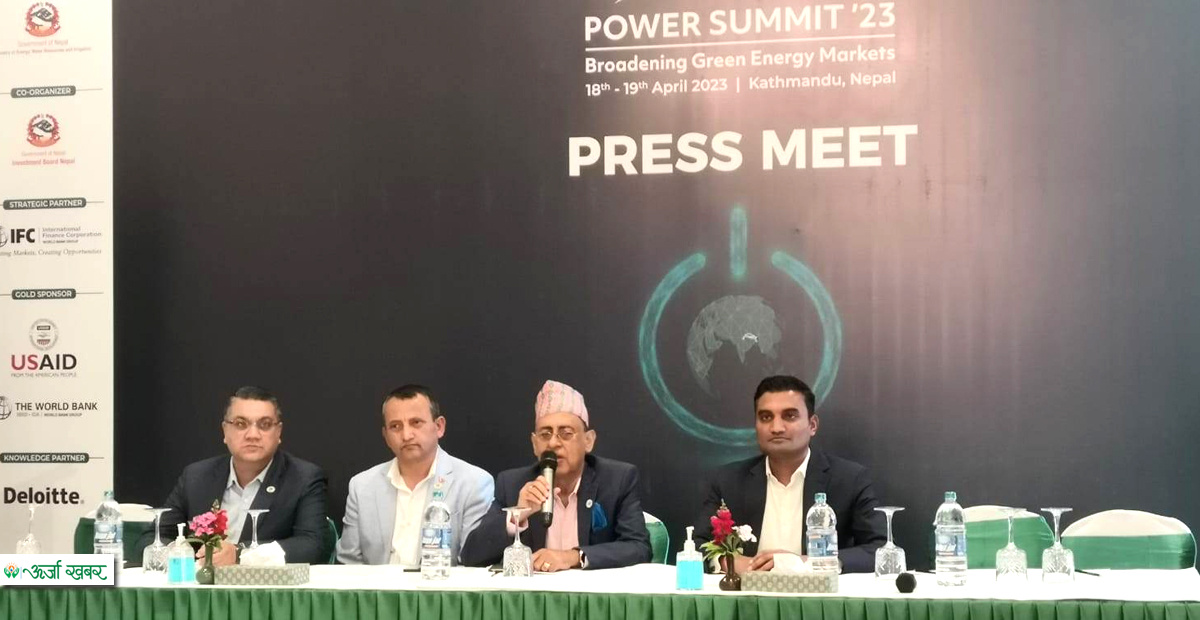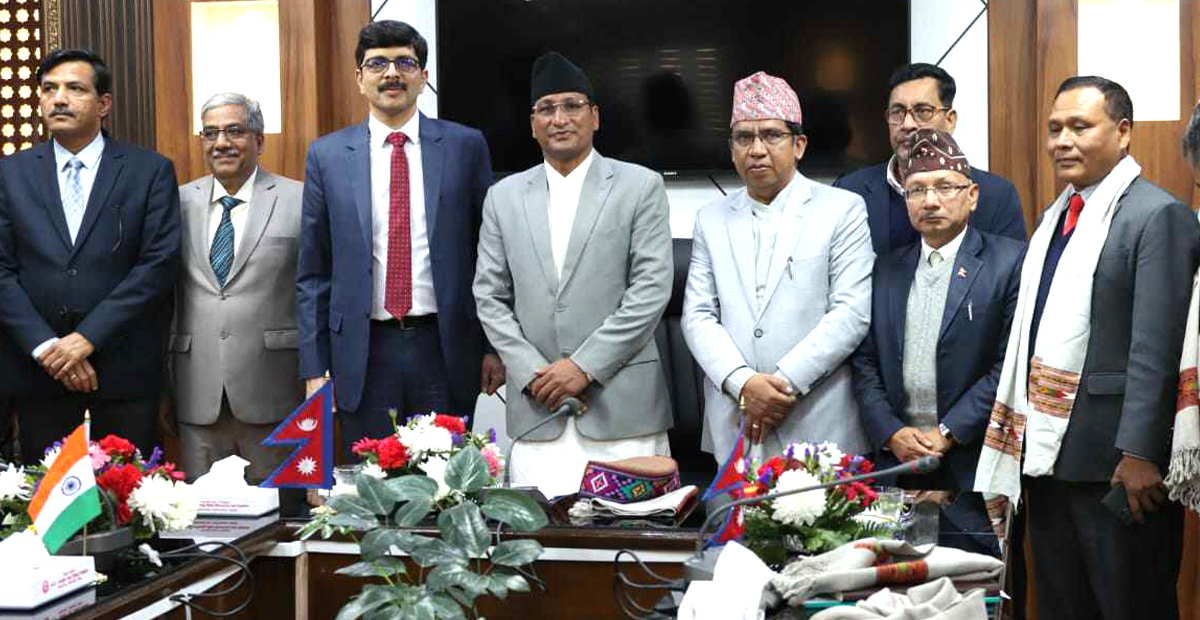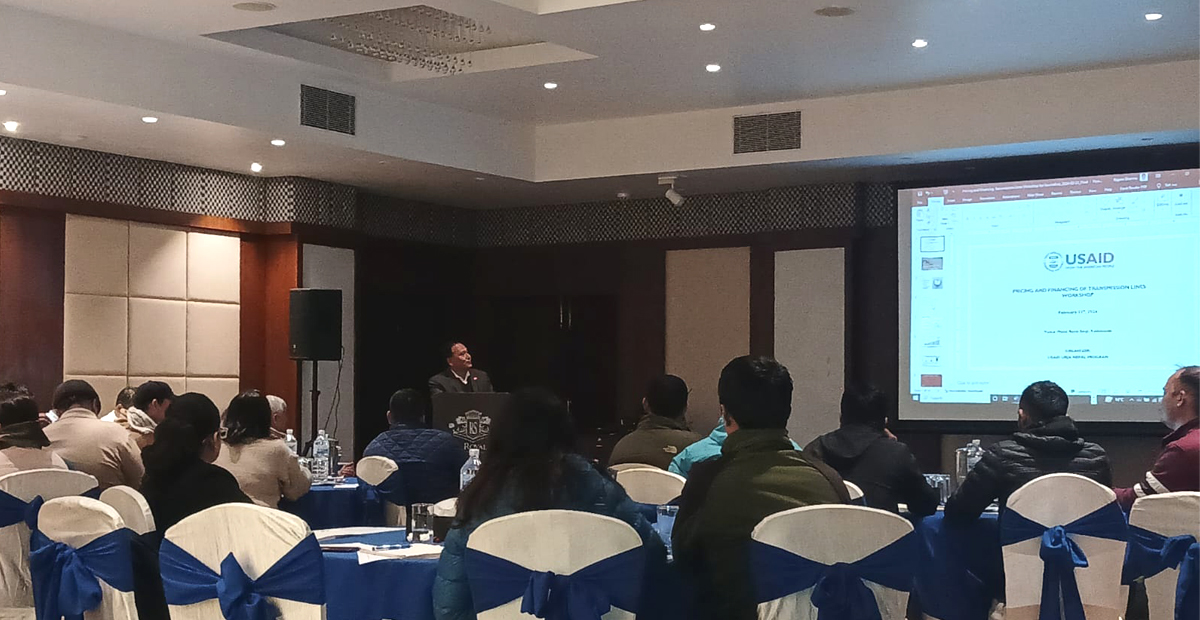Energy Update
IPPAN organizing Power Summit on April 18-19; PPA to take place directly between hydel projects and Indian buyers

Kathmandu: The Independent Power Producers’ Association Nepal (IPPAN) is organizing the Power Summit-2023 in Kathmandu on April 18. The two day-summit is being organized under the theme ‘Broadening Green Energy Markets.’
The eighth edition of the power summit will be witnessing around 800 participants, including 300 foreign delegates associated with energy, water resource and irrigation, high-level government officials, power trading companies, electricity producers, financial institutions, transmission and distribution companies and consultant companies, among others.

At the conference, a direct power purchase agreement (PPA), will be signed between the Nepali hydropower project and the Indian buyers. In addition, the two sides will also ink an agreement for renewable energy development and market expansion.
According to the organizers, they will host 15 sessions on the issues such as Nepal's electricity market, transmission infrastructure, hydropower demand, technology, innovation, solar, hydrogen, cross-border electricity trade and sustainable and climate-friendly development.

Similarly, projects of 5000 megawatts will be showcased by the Investment Board Nepal and the private sector, in concern with the issues of environmental, social and good governance, regional cooperation and energy security.
Nepal is now heading towards a self-sufficient nation in electricity production, along with ensuring surplus energy. Now, the country's installed capacity has reached about 2,550 MW. According to IPPAN, the contribution of the private sector is 65 percent. This year, an additional of around 600 MW of electricity generated by the private sector will be connected to the system. The government has targeted to increase the capacity to 6,700 MW by 2027, out of which the private sector’s contribution is expected to be 80 percent.
It cannot be undermined that Nepal is at high risk when the impact of climate change is considered. Nepal has also put forward policies and programs to contain the impact of climate change. Nepal has expressed its commitment to becoming a net zero-emission country by 2045. In order to achieve this national goal, it is necessary that the country should replace the import of petroleum products with a wider production and utilization of green energy. The conference is also expected to contribute largely to this purpose, reads the IPPAN-issued statement.
Conversation
- Info. Dept. Reg. No. : 254/073/74
- Telephone : +977-1-5321303
- Email : [email protected]













